Project pause‚ due to emergency

It has been a while since the last update on our project. The consultations and fine tuning of a DRR model specific to remote high altitude stretches received a jolt from the “Himalayan Tsunami”, a multi-day cloudburst that caused devastating floods in the Indian Himalayan states of Uttarakhand and Himachal Pradesh in June 2013. Many villages and settlements were obliterated and close to 10,000 people have died or are missing. Thousands of families have lost their homes, all their belongings, their lands and livelihoods, and many have lost their sole bread-earners. While initial relief was provided, these families, some of which are left with only the women, children and aged, are still in need of effective long term rehabilitation. Two of the target districts of the project in the Central Himalayas (Chamoli and Pithoragarh) were among the worst hit.
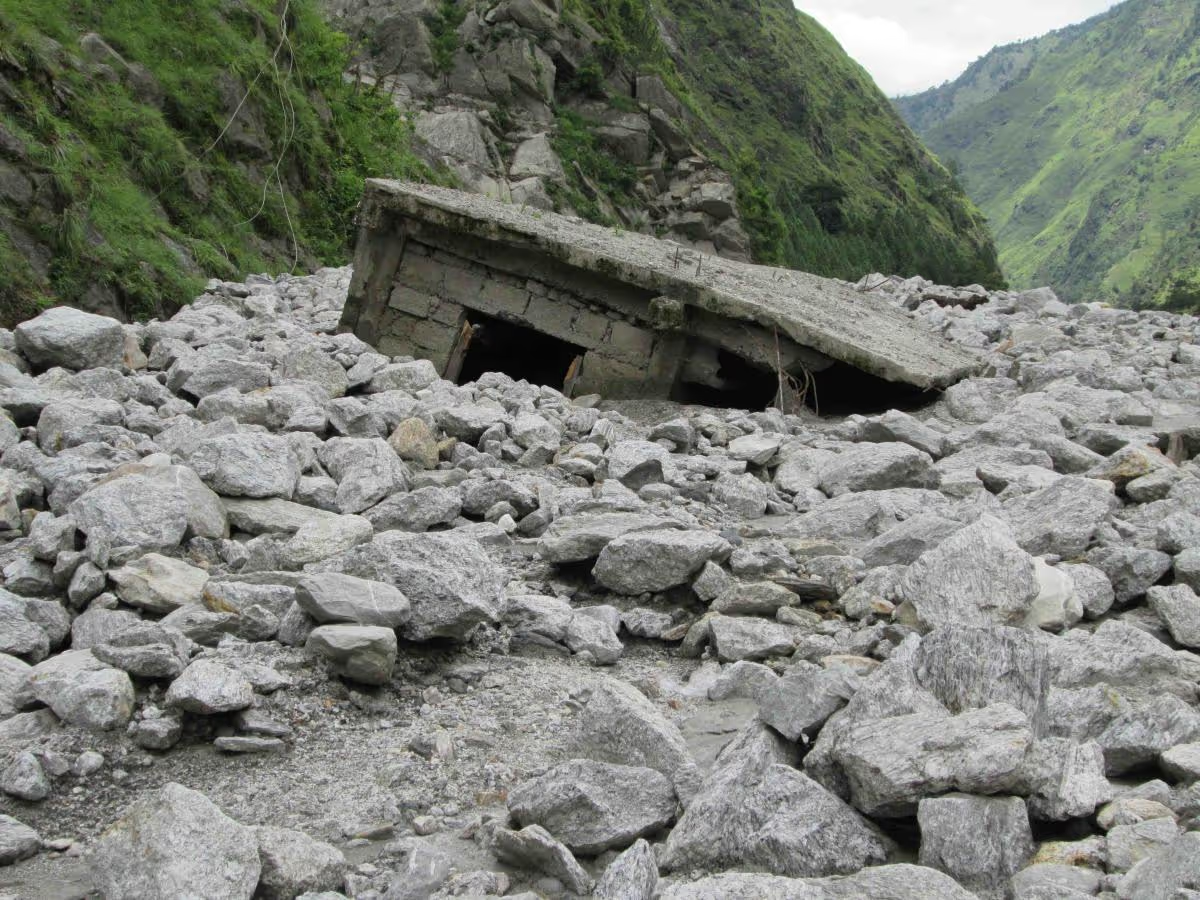
As Pragya staff (including the research team) joined the massive relief and response operations that followed and are still continuing, they also tried to pick up valuable knowledge to feed into development of a post-disaster damage and need assessment system for decentralised, post-disaster generation of information and its relay to relief suppliers, thus facilitating timely relief, which is a key component of the proposed model.
Through a network of field offices in the state, the team reached out to 22,709 people across four districts in Uttarakhand and one district in Himachal Pradesh, with emergency relief supplies for flood-victims and educational material to reinstate schools. The team continues to assist in delivering health care services through mobile health care units, providing drinking water and toilet facilities in villages in which these have been destroyed, and helping the affected families rebuild their livelihoods. While working to address one of the worst humanitarian crisis of the decade in the Himalayas, the research team continued to interact with relevant stakeholders in the district including: NGOs, CSOs working for relief and response, emergency coordinators from UN Disaster Management Teams, representatives of District Disaster Management Authority (DDMA) and nodal officers for external aid, representatives of media, and coordinators of Sphere India district networks. These provided precious understanding of post-disaster convergence behaviour and relief chain (for 1st, 2nd and 3rd responders), and their effectiveness and first-hand knowledge of the coordinating mechanisms in place and their effectiveness/drawbacks.
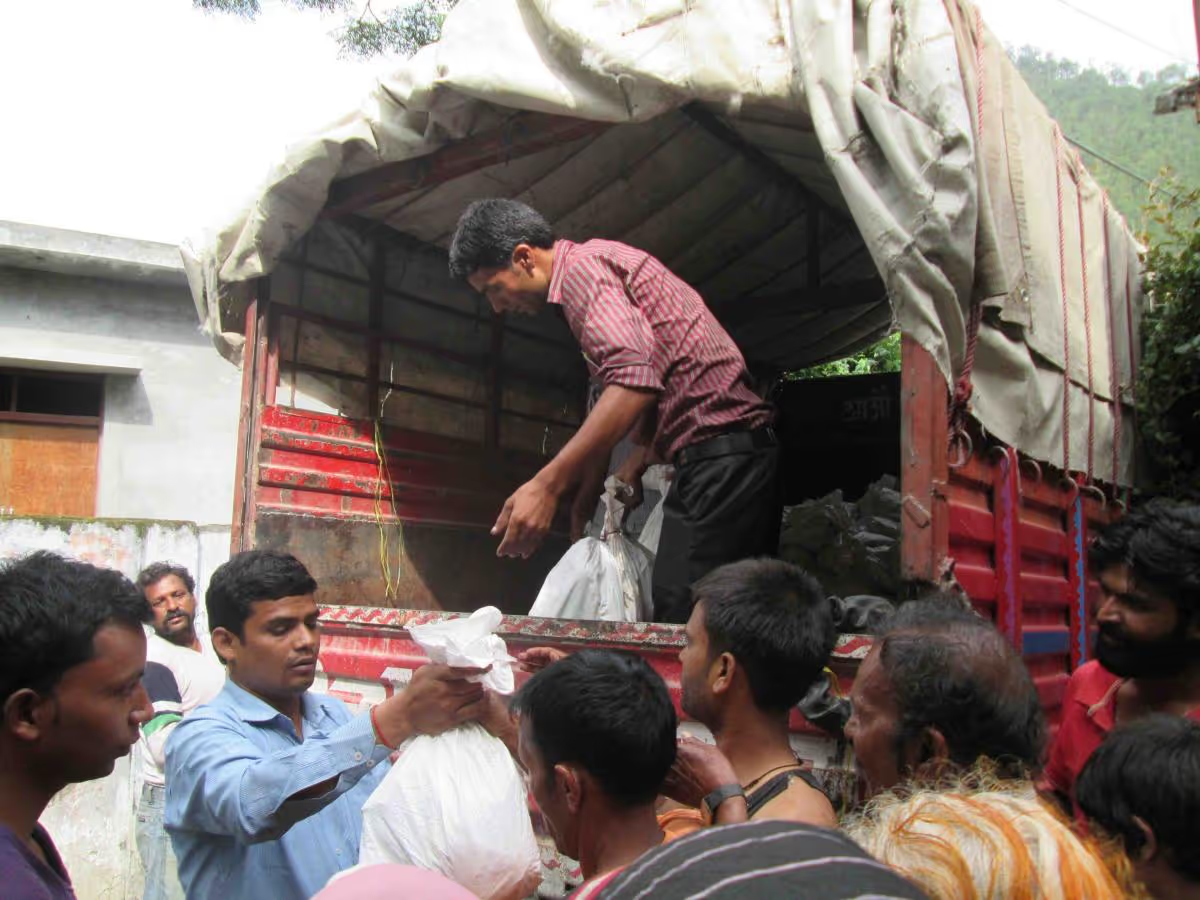
While the interactions and on the ground experience provided helpful insights, it also identified areas for further exploration: What are the optimal organisational and network structures that would have significant potential for facilitating multi-agency communication and coordination, and contribute to effective response to disasters? What are the different roles that various responders should play at the operational, managerial and strategic levels, at various phases of the disaster? What might be a blueprint for the process of convergence of responders and its evolution in keeping with the disaster lifecycle? While much of these lie beyond the scope of the current project, they helped shape the DRR model and its structure. We would share the blueprint for the DRR model once the learnings from the recent event have been incorporated.
Stay updated
Sign up for our newsletter to receive regular updates on resources, news, and insights like this. Don’t miss out on important information that can help you stay informed and engaged.
Related articles
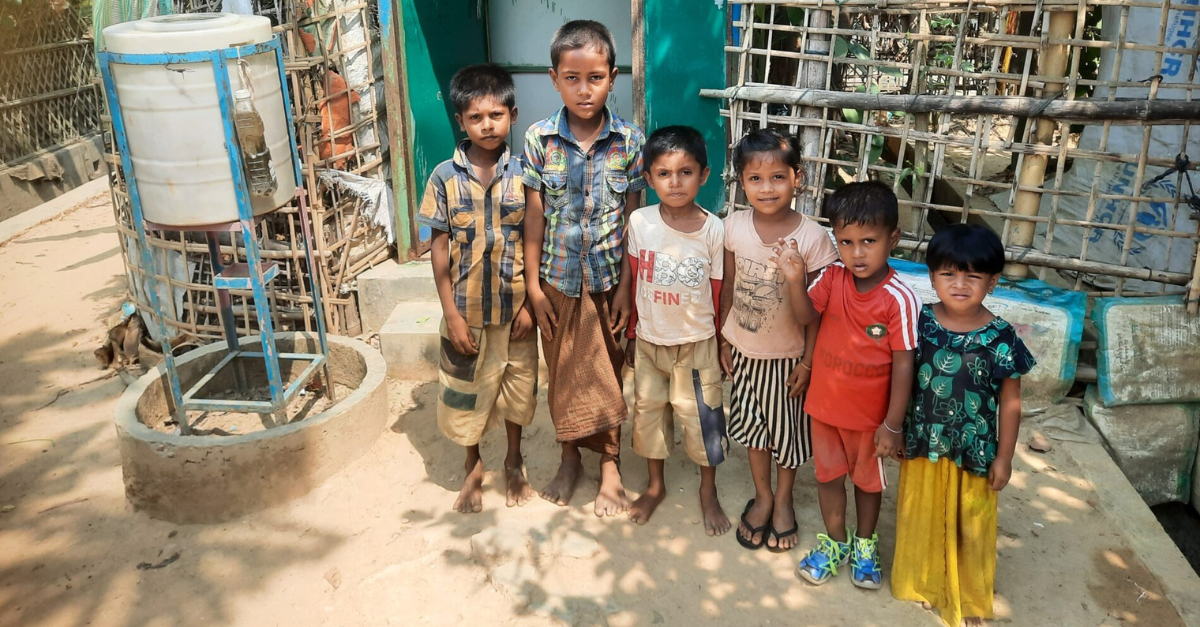
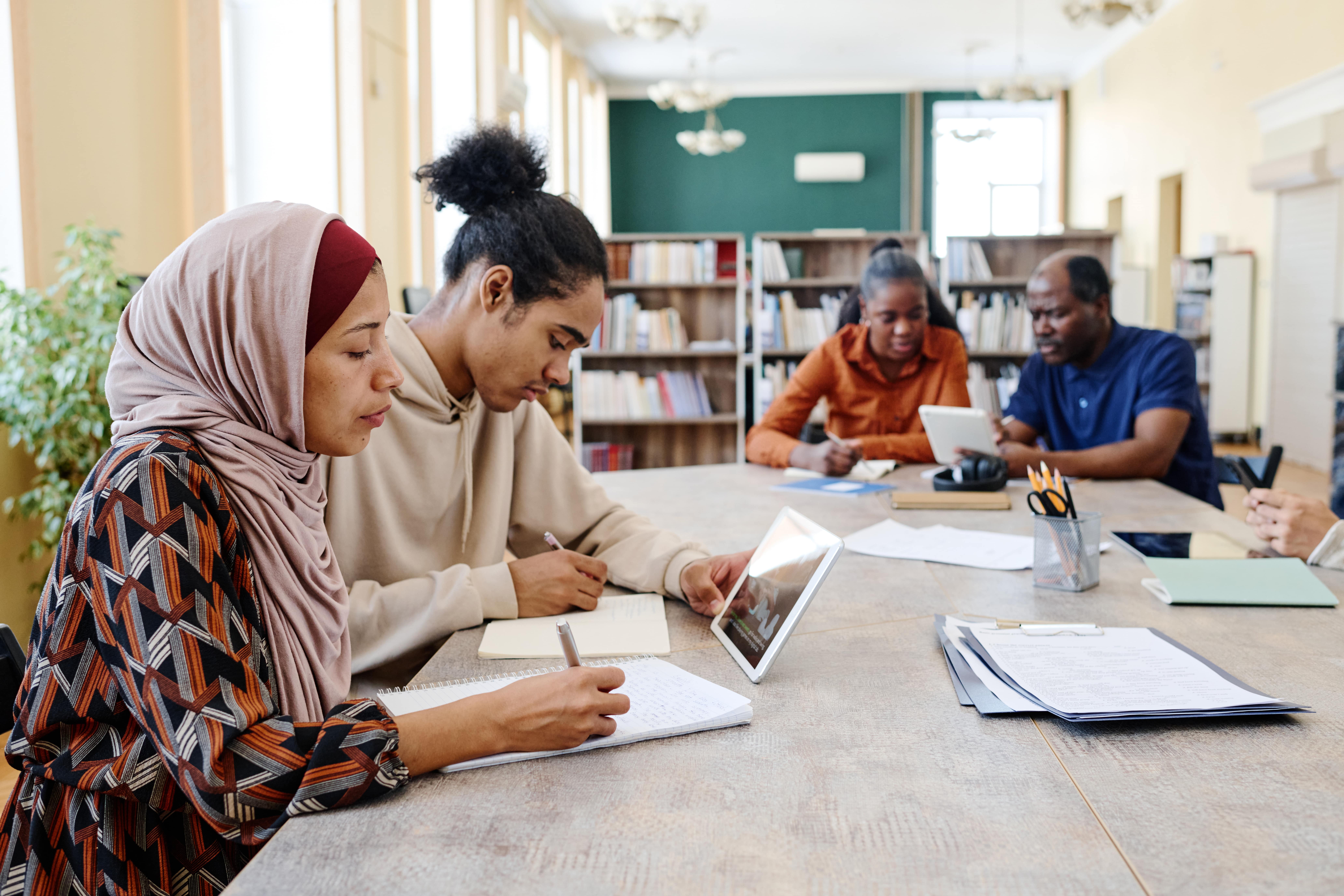
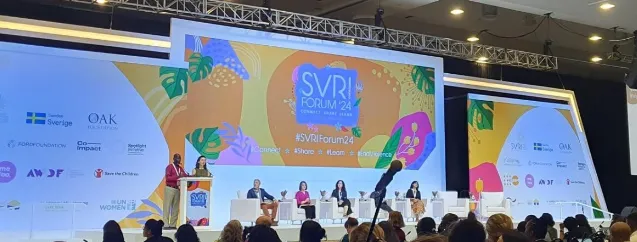
Explore Elrha
Learn more about our mission, the organisations we support, and the resources we provide to drive research and innovation in humanitarian response.